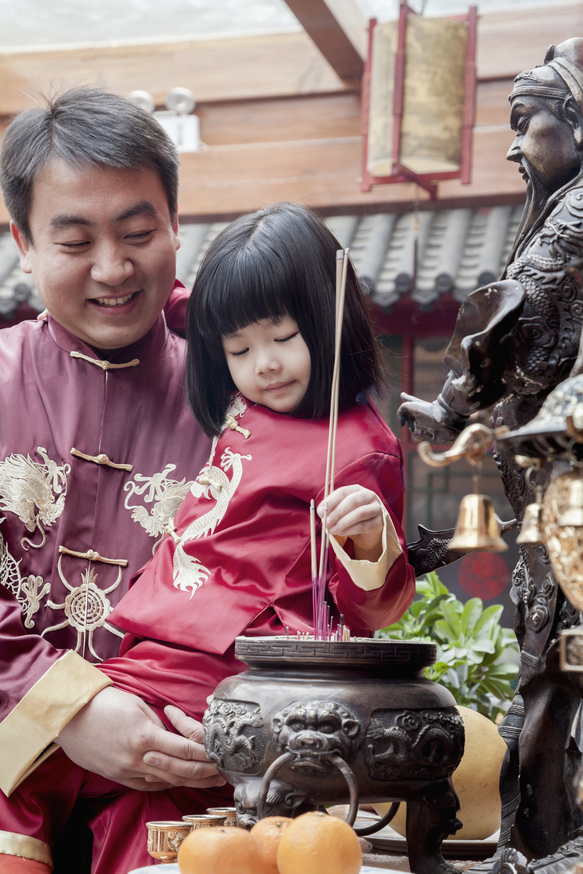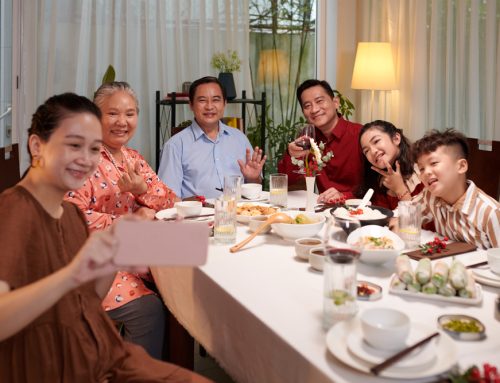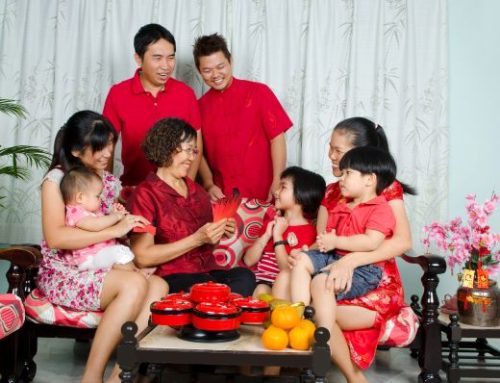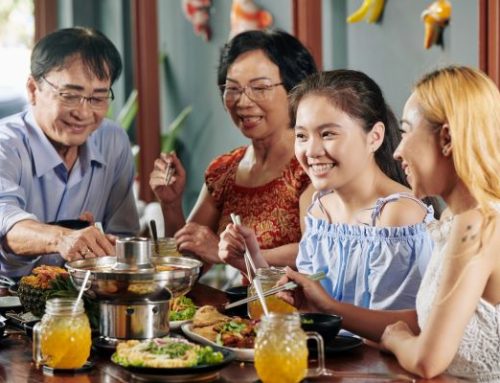Why is it important to share your culture and traditions with the next generation?
Chinese New Year is just around the corner. Some of you will be starting to organise some sort of festive celebrations or gatherings with family and friends.
For many of you who live overseas, some may have purchased an air ticket to head home for family reunions. However, for many, due to children’s schooling, budget or other reasons, you won’t be celebrating Chinese New Year with your family in your birth country.
So will you be celebrating with your friends in your adopted country? Will you be having the reunion dinner with your own family? Will you be having some Chinese New Year decorations? Will you be making some traditional cookies to celebrate?
In my younger days, in January we would have started making Chinese New Year cookies, started to meet up with my cousins, been out shopping for new dresses and shoes….The grownups would have started ordering fresh ingredients for their family reunion dinner etc.
As for me, this year we will be hanging some Chinese New Year decorations, making Chinese New Year cookies, and having steamed boat with my family on New Year’s Eve. My children will definitely be waiting for their red packet on Chinese New Year’s day.
Why do I still do that when I am no longer living in Malaysia?
Well, I suppose I still value my traditions, my culture and most of all, I would like to share the culture with my children. Personally I feel that it is important to impart and share our culture and traditions with the younger generations, and it is more so when we live overseas, far away from our extended families and community.
Our culture is about our identity; it is about who we are as a person and as a community. It is about who we are, how we communicate and express ourselves, what we eat, our beliefs, how we dress etc.
However, since we live far away from their extended families, our children can only learn the values through us and the few family and friends within our network.
For example, here are some rituals that we do during Chinese New Year:
- We have steamed boat on New Year’s Eve.
- There will be no cleaning / sweeping on Chinese new year day.
- The younger ones will receive a “red packet” (money in red packets) from the senior members of the family.
- The younger generations will visit the elderly relatives and wish them a happy new year.
- There will be lots of sweets treats on that day.
- Everyone is meant to wear new dresses on the first day of Chinese New Year.
When you share these values and rituals with your children, it is allowing them to understanding their roots and their identity, even though their own cultural identities are been established in the country of their births.
It does not matter where you are in their world; it is always important to reconnect to your roots, i.e. your inner child, with something that you are familiar with, i.e. food that you grew up with, the language of your mother tongue, your heritage, your culture, your traditions etc. Treasure your culture and allow your children to experience it in different ways.







Leave A Comment